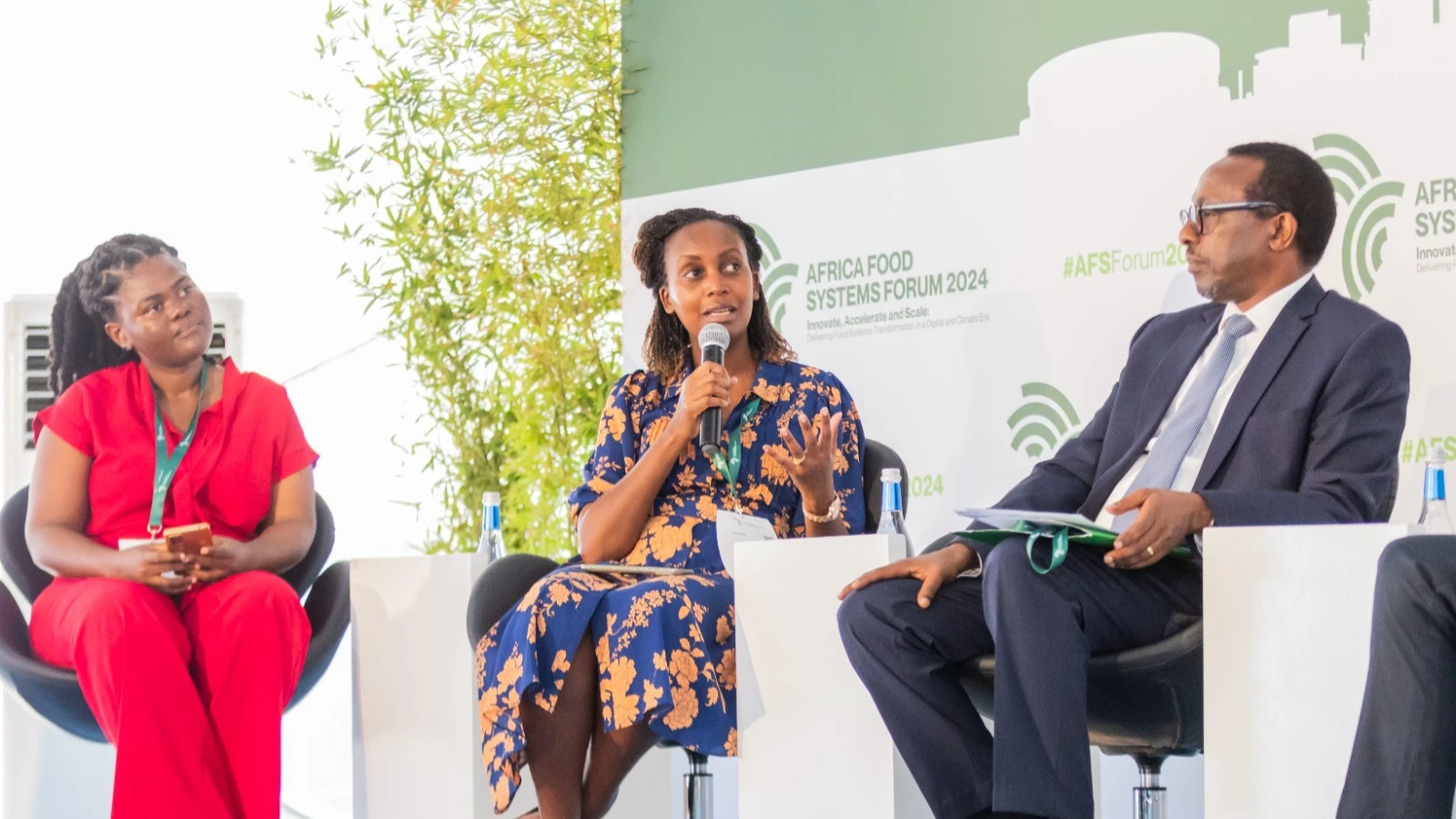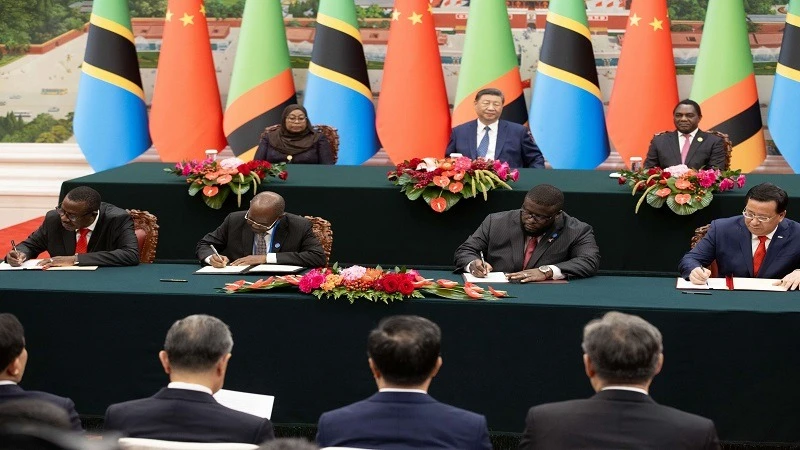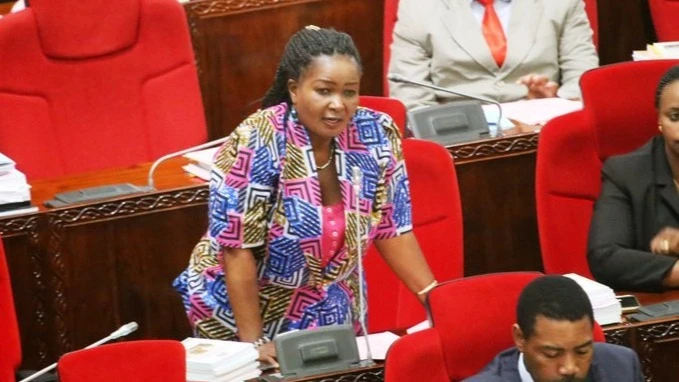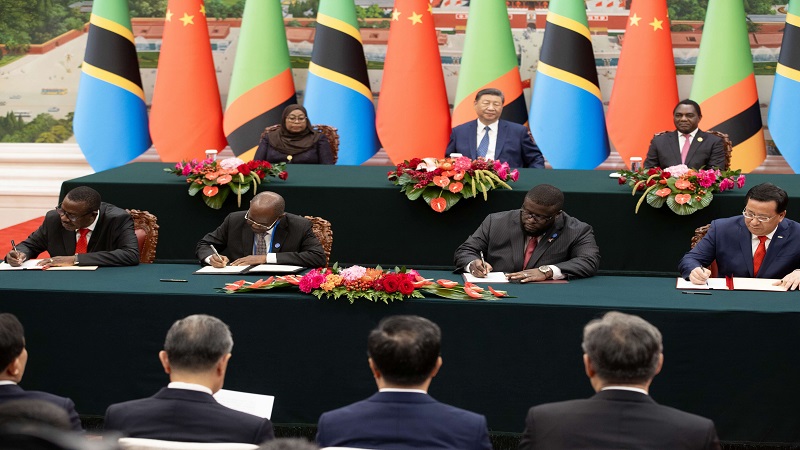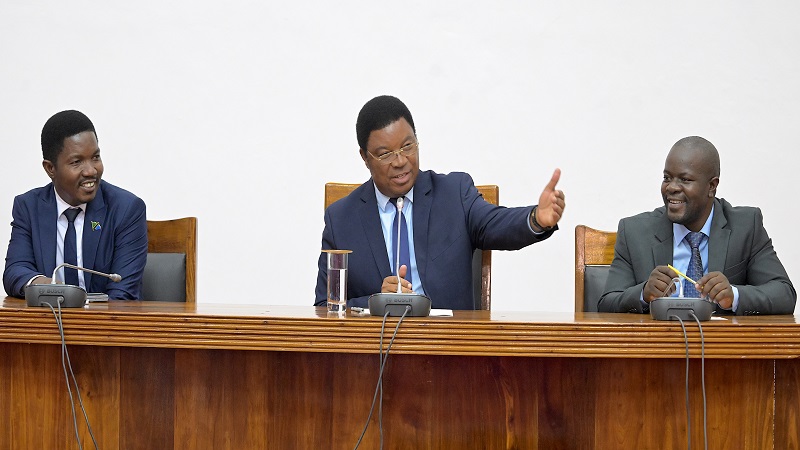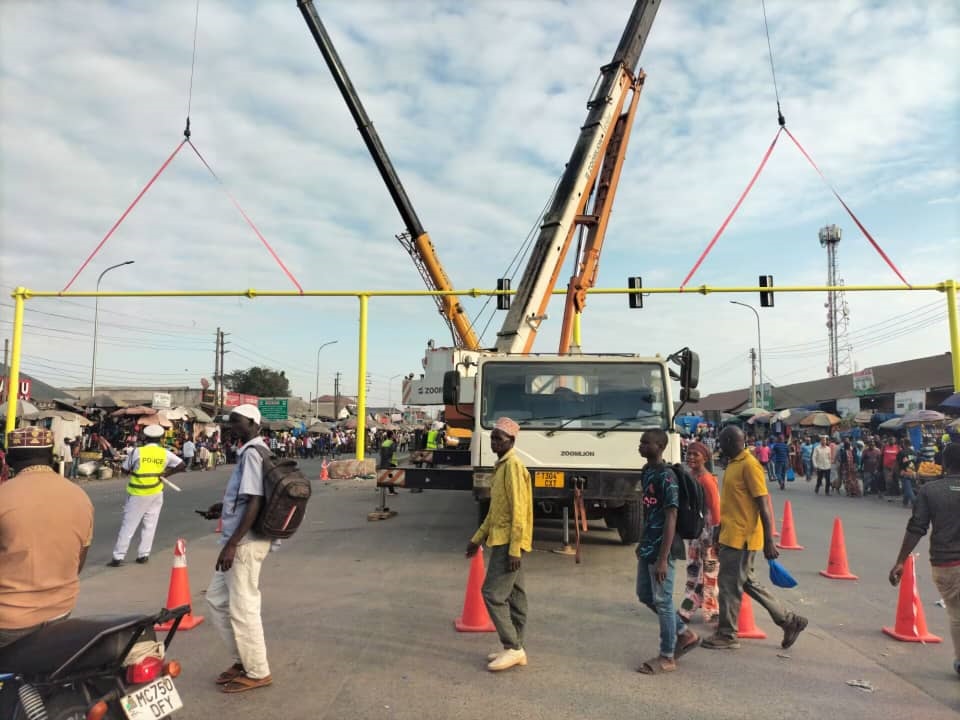Rice growers vows to intensify security
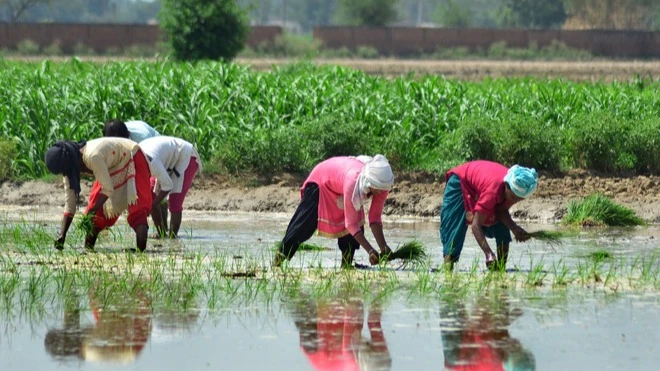
RICE farmers in Mwendamtitu Irrigation Scheme in Mbarali District, Mbeya Region have intensified security and prevented livestock from getting into their farms as part of welcoming the new project, which is to commence next year.
The project is aimed at improving food systems and agricultural productivity.
Evaristo Mgiye, Mwendamtitu Irrigation Scheme chairman unveiled the plans on Wednesday when speaking during a stakeholders’ forum organised by the Ministry of Agriculture and the Food and Agriculture Organisation (FAO).
The forum was meant to discuss strategies for implementing the Food Systems Integrated Programme (FSIP) funded by the Global Environment Facility (GEF) scheduled to be implemented in 35 countries, including Tanzania.
Mgiye said they will ensure that strict legal measures are taken against anyone bringing in livestock or damaging infrastructure such as roads to maintain a conducive environment for the project’s success.
He urged the government to strengthen infrastructure in the scheme, which has the potential to generate annual revenue of 1.5bn/- through a levy of 1,000/- per bag of rice, thereby contributing to national food security.
“The government should build infrastructure for us, as the channels face challenges of being filled up with sand. Besides construction, the sand issues should be addressed professionally because during the rainy season, sedimentation increases, leading to water dispersion and loss, so the construction will help to reduce water loss as well,” Mgiye said.
He added that currently, the scheme yields 30-35 bags per hectare, however, persistent siltation issues in irrigation channels result in crop losses.
“If these challenges are addressed, could potentially increase production to 35 to40 bags per hectare across their 15,000-hectare land,” he added.
The scheme’s chair further said that they have already spent over 100m/- on damage assessment as well as obtaining accurate maps of the scheme, as directed, and urged the government to consider further support to complete ongoing construction in the area.
Titus Osano, an Irrigation Officer from the National Irrigation Commission in Mbarali District, affirmed the Commission’s commitment to educating farmers and ensuring that infrastructure and the surrounding environment meet project standards.
He noted that environmental degradation is exacerbated by human activities such as farming in the Usangu Valley, where they provide education to ensure higher harvests while conserving the environment.
Osano underscored their commitment to planting more trees around water sources and ensuring pesticide containers are properly disposed of or stored in eco-friendly conditions to minimize impacts on society and the environment.
Elaborating on the Usangu Valley, Osano said there are more than 70 irrigation schemes and some farmer associations have received permits to carry out agricultural activities.
He advised farmers to adhere to guidelines set by the government for maintaining infrastructure like irrigation channels and water sources.
The FSIP which will be implemented in the Usangu area of Mbeya Region and Zanzibar, will utilize over $9 million (equivalent to 20bn/-), focuses on transforming global agrifood systems from farm to table so that they are sustainable, nature-positive, resilient, inclusive and pollution-free.
The programme will deliver global benefits for biodiversity, addressing land degradation and climate change, along with improved food security, nutrition, incomes, livelihood sustainability, and resilience.
Top Headlines
© 2024 IPPMEDIA.COM. ALL RIGHTS RESERVED









